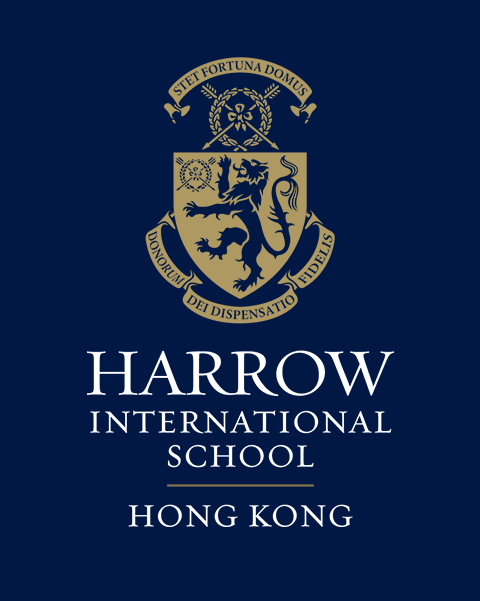1. AIMS
This statement is made pursuant to Section 54 part 6 of the Modern Slavery Act 2015 and sets out the steps we are taking to ensure that slavery and human trafficking are not taking place in our schools, our supply chains, or in any part of our organisation.
We are committed to ensuring that there is no modern slavery or human trafficking in our supply chains or in any part of our business.
This Anti-Slavery and Human Trafficking Statement is issued to reflect our commitment to acting ethically and with integrity in all our business relationships, and is the source document for the enforcement of effective systems and controls to ensure slavery and human trafficking is not taking place in our schools or supply chains.
2. OUR POLICY ON SLAVERY AND HUMAN TRAFFICKING
AISL and its schools are committed to acquiring goods and services without causing harm to others.
In doing so, we are committed to the UN Guiding Principles on Business and Human Rights. In implementing this approach, we support the Base Code of the Ethical Trading Initiative whereby:
- Employment is freely chosen
- Freedom of association is respected
- Working conditions are safe and hygienic
- Child labour shall not be used
- Living wages are paid, regular employment is provided and working hours are not excessive
- No discrimination is practised; no harsh or inhumane treatment is allowed
3. MITIGATING RISK
Our assessment at this time is that the principal areas of operation which could potentially carry material supply chain risks are catering, office supplies, laboratory consumables, ICT and AV equipment, and some facilities management services, such as cleaning, catering and security services.
To mitigate risk:
- Each school’s in-house tendering and contracting processes is to include prequalification clauses which address slavery and human trafficking.
- Standard contractual terms and conditions must have clauses covering modern slavery and human trafficking.
- Schools should use the DEFRA Prioritisation Tool and the Responsible Procurement Code to guide the assessment of risks and to monitor progress with mitigation.
- Schools should actively engage with their purchasing consortia, supporting the inclusion of ethical sustainability, including addressing slavery and human trafficking, in their procurement programmes.
For contracts that we award we will identify those supply chains which represent a medium to high risk of modern slavery, human trafficking, forced and bonded labour, and labour rights violations. Schools are expected to conduct biannual audits of all ‘at risk’ suppliers.
